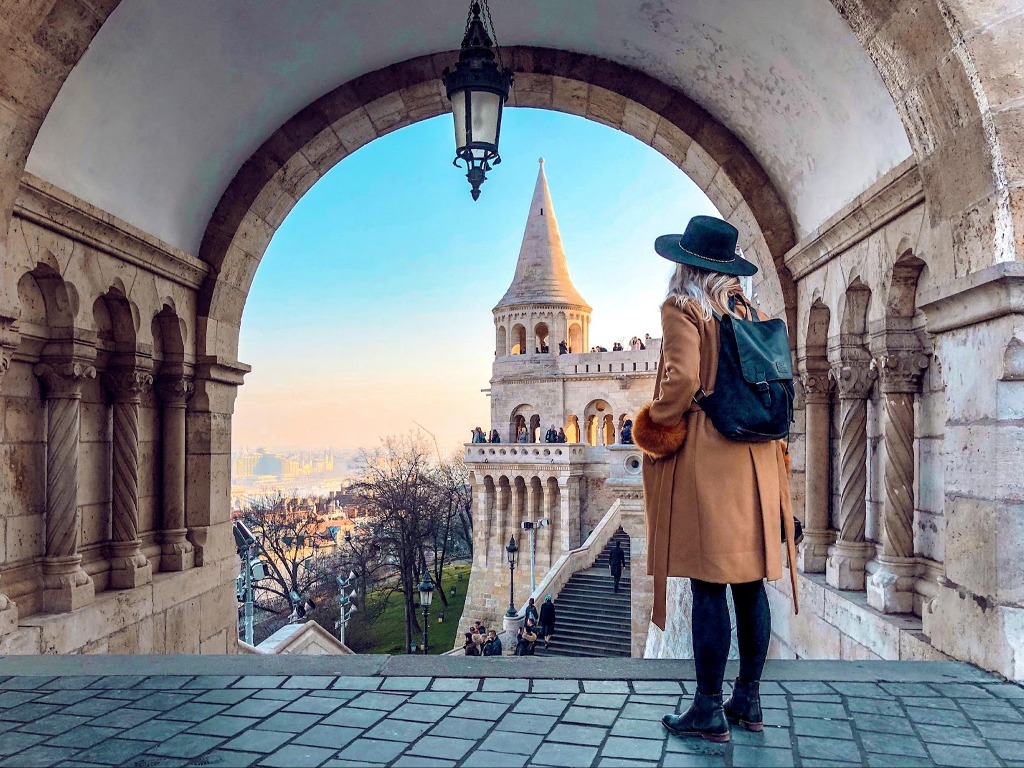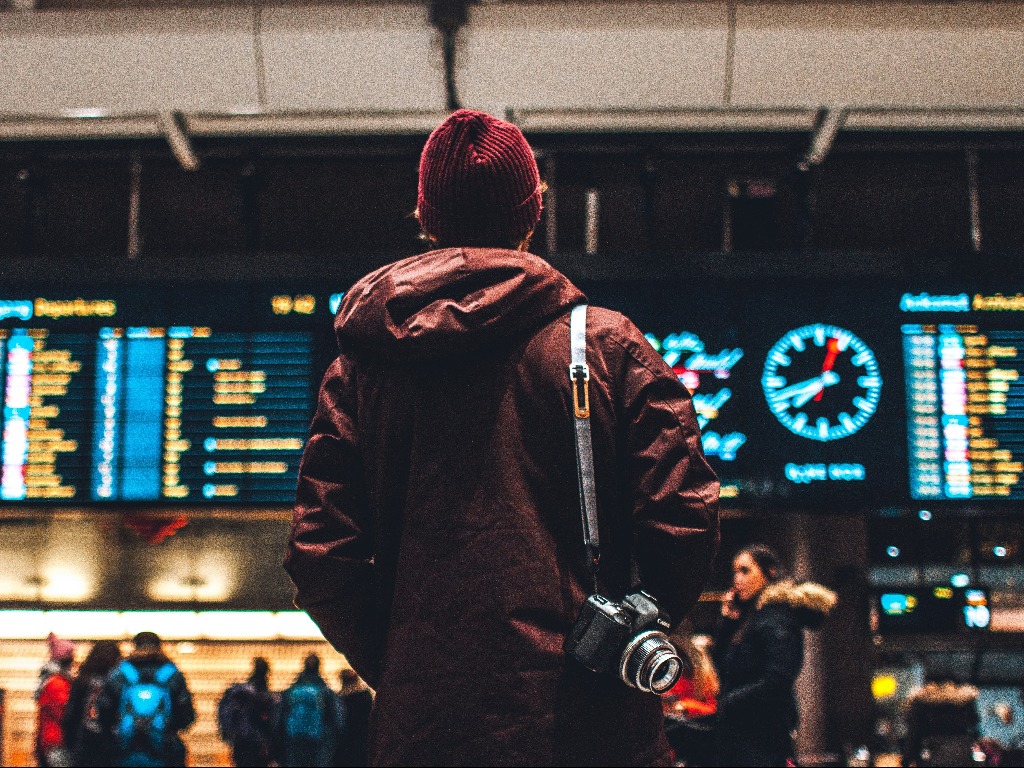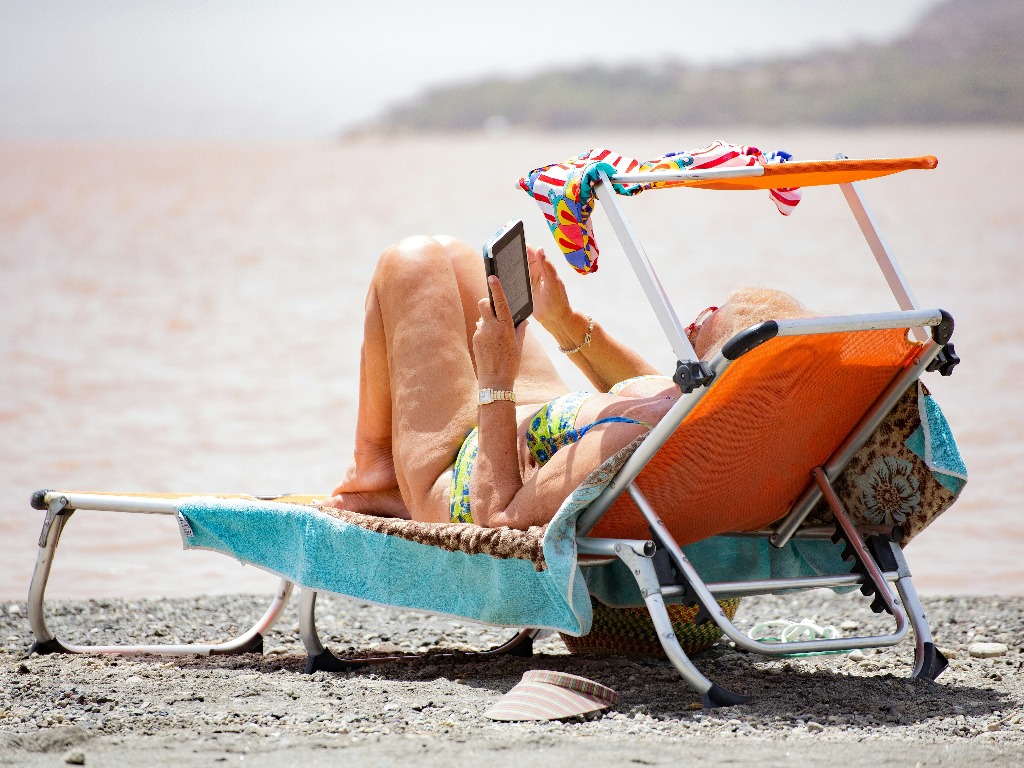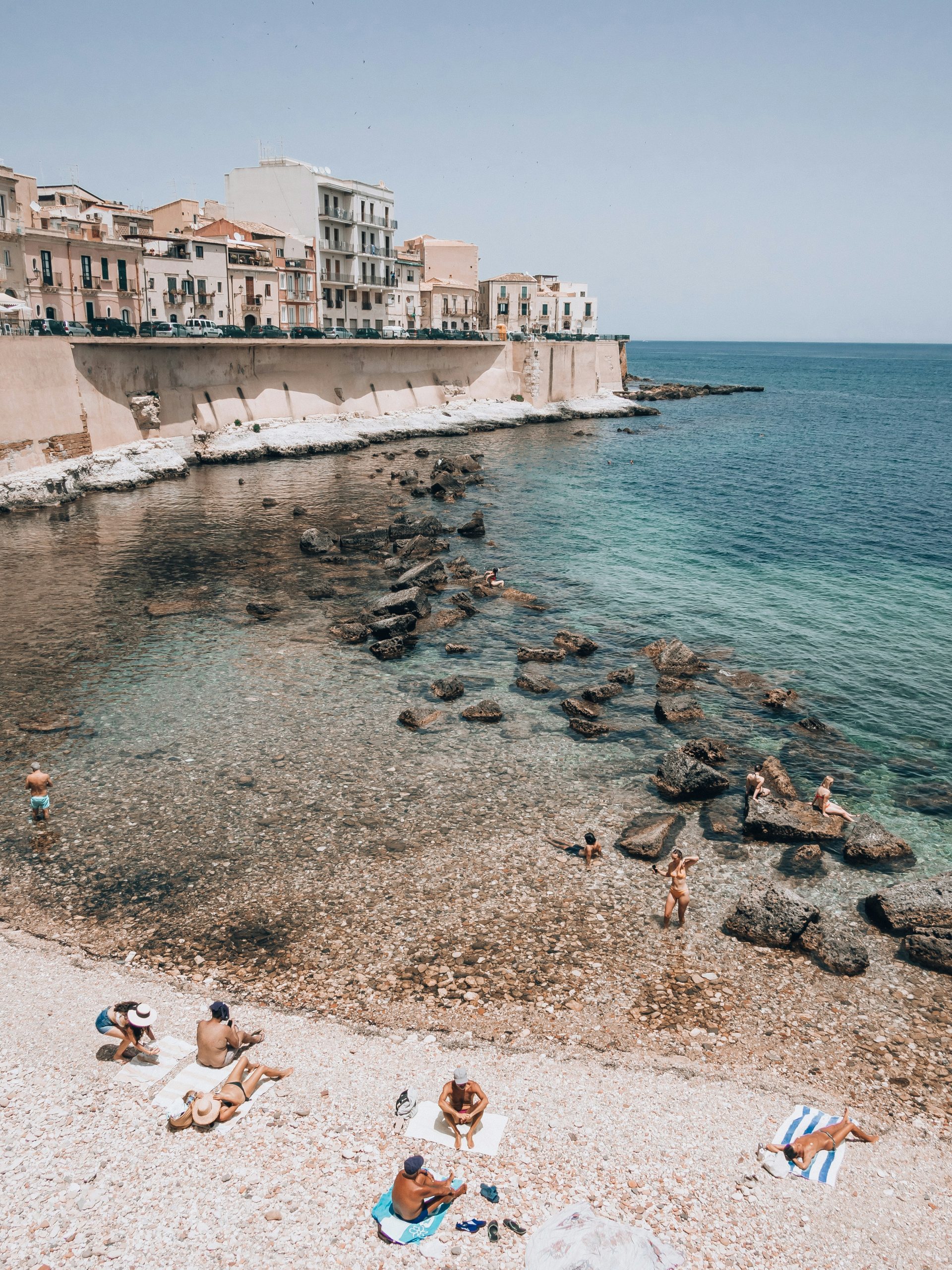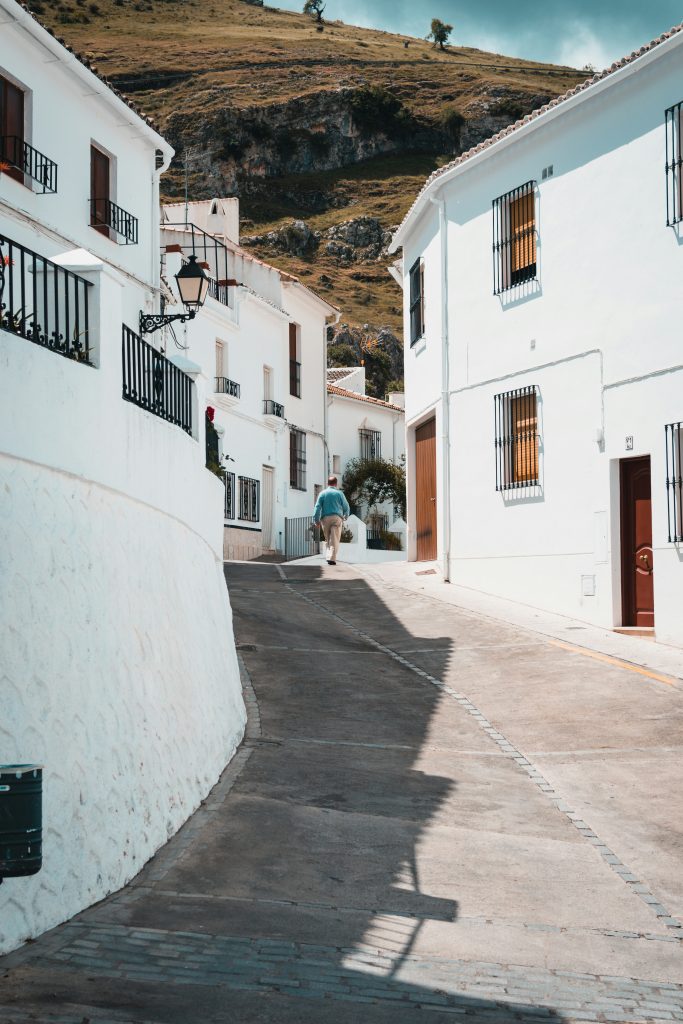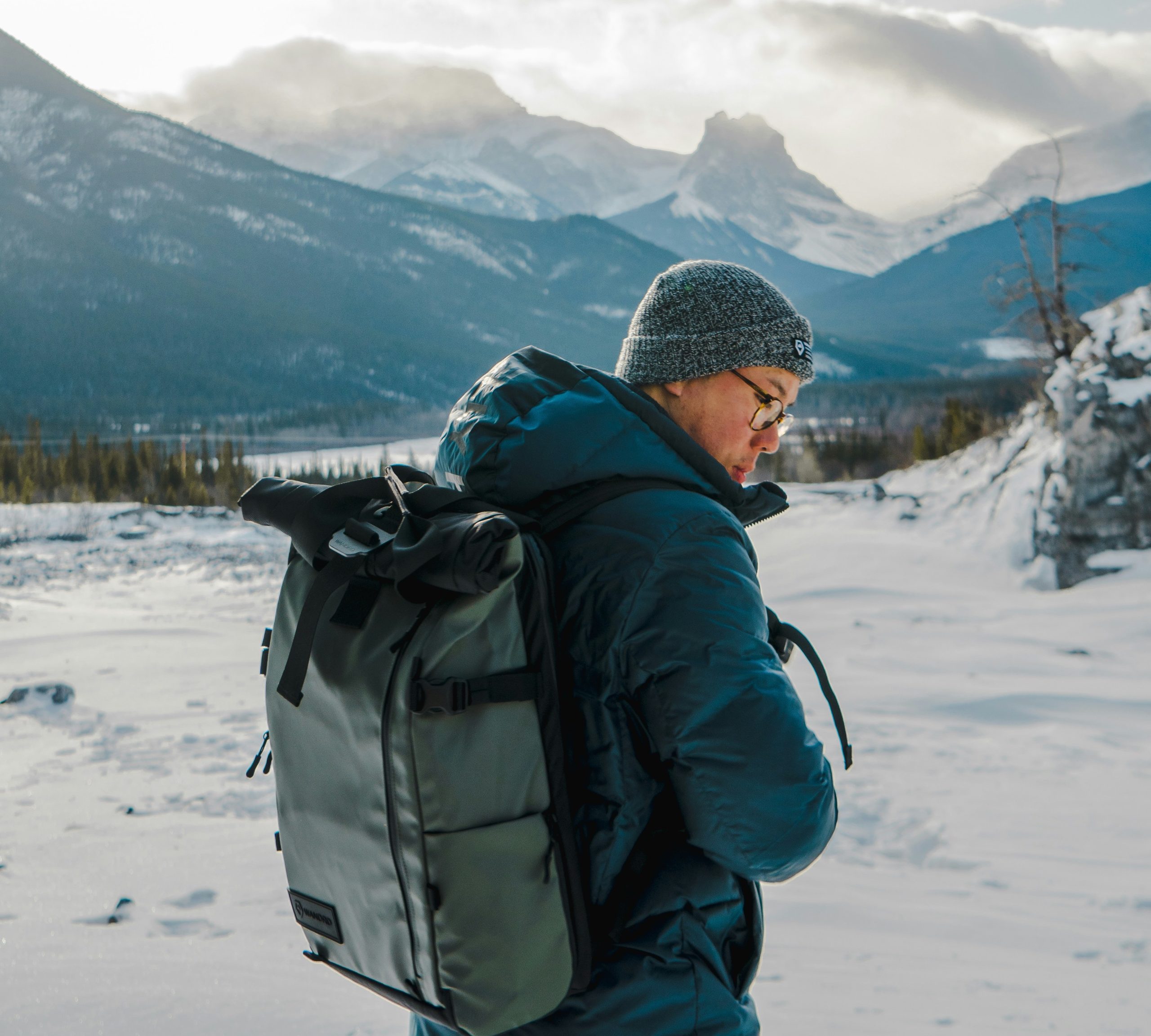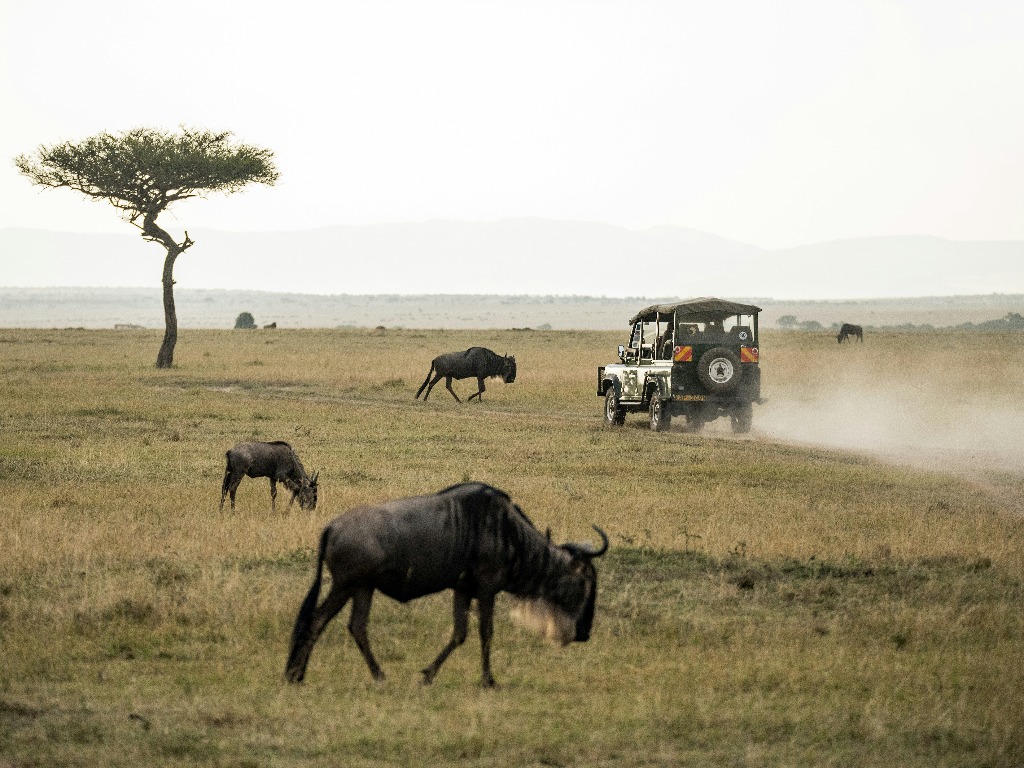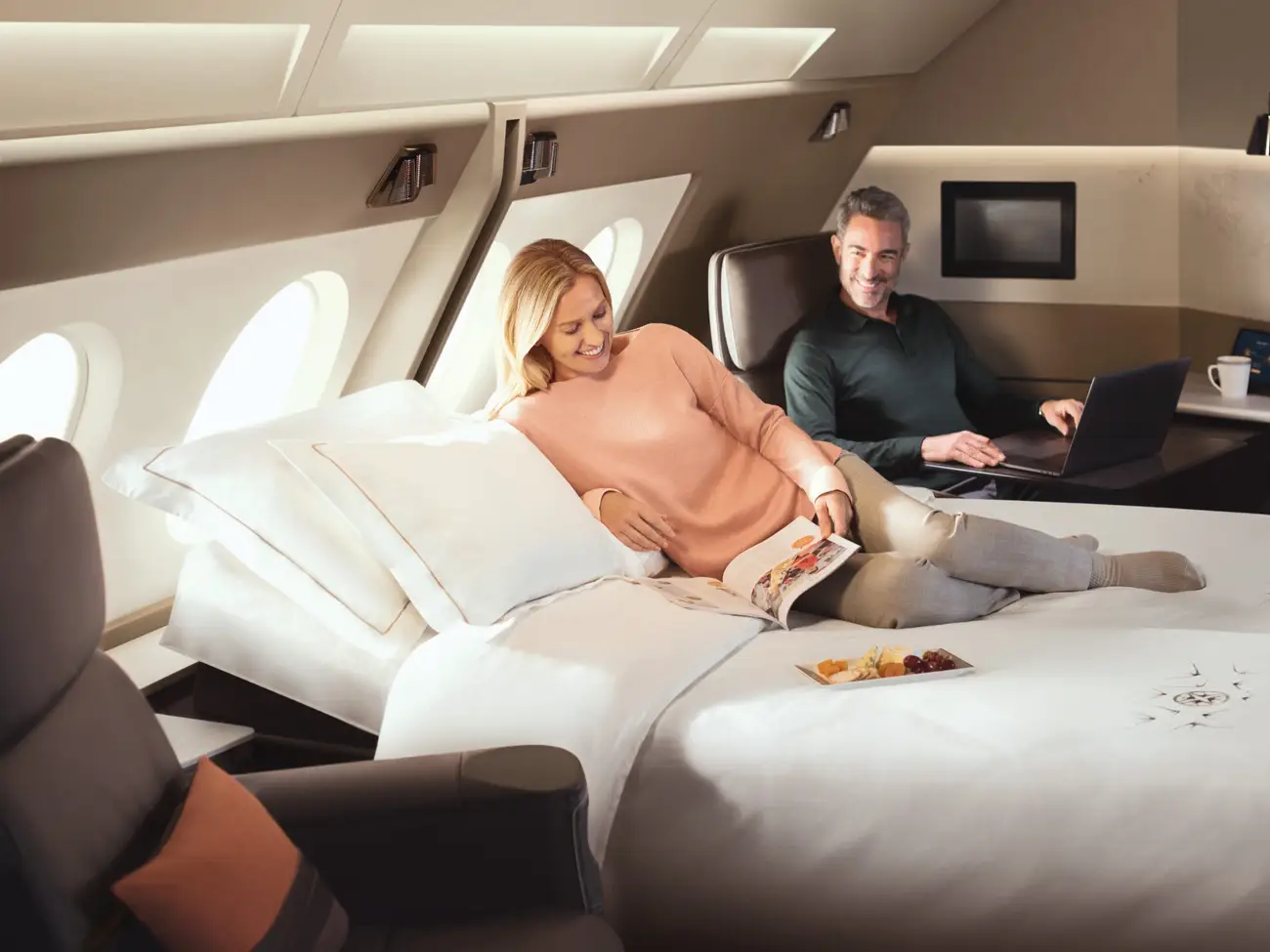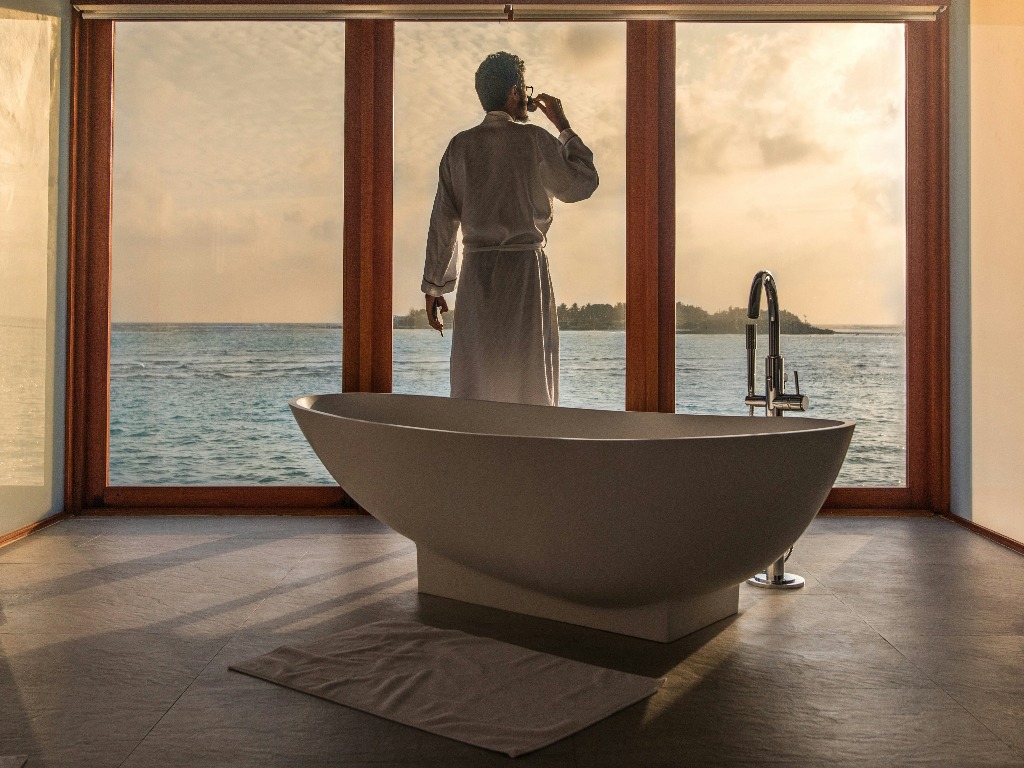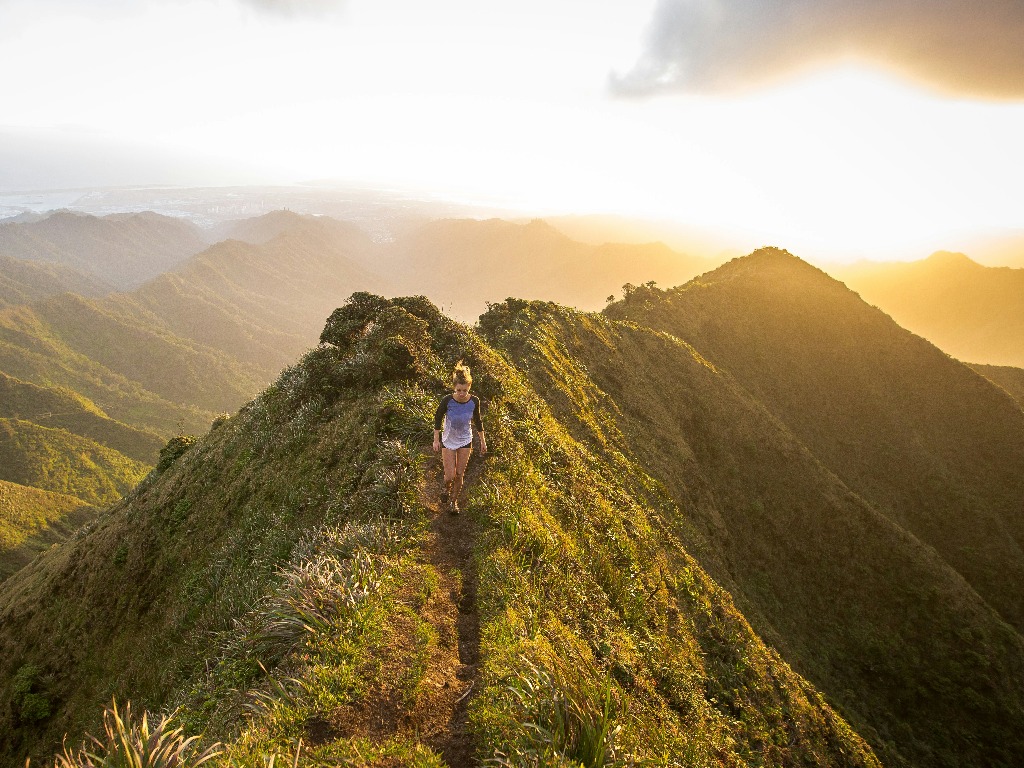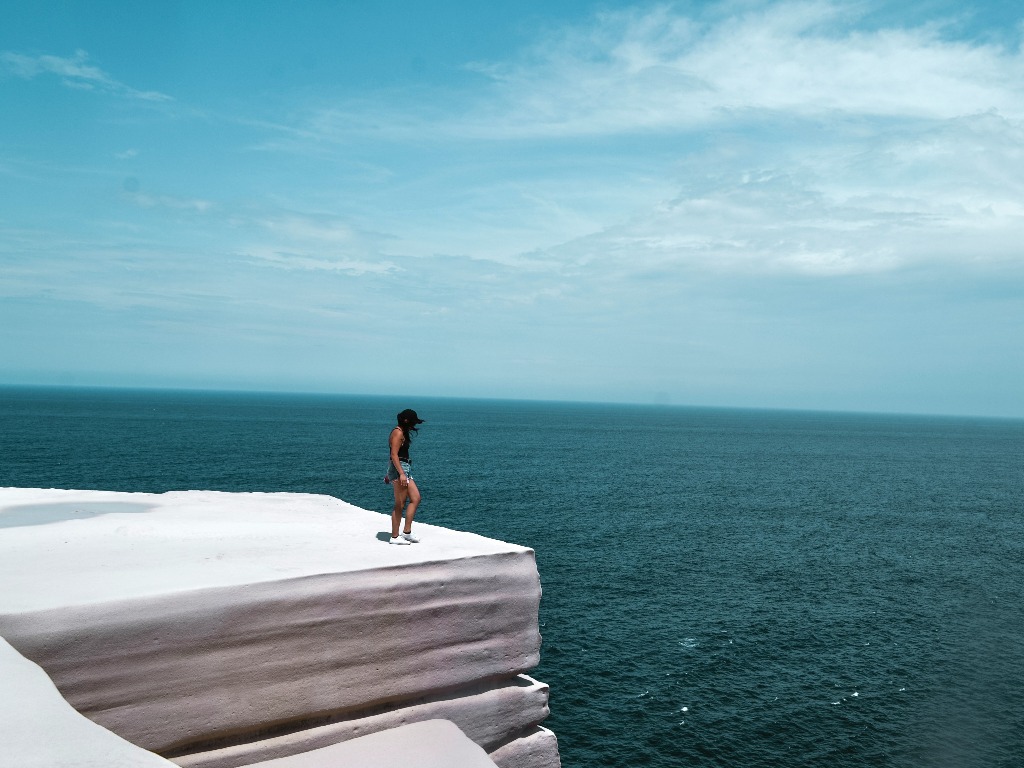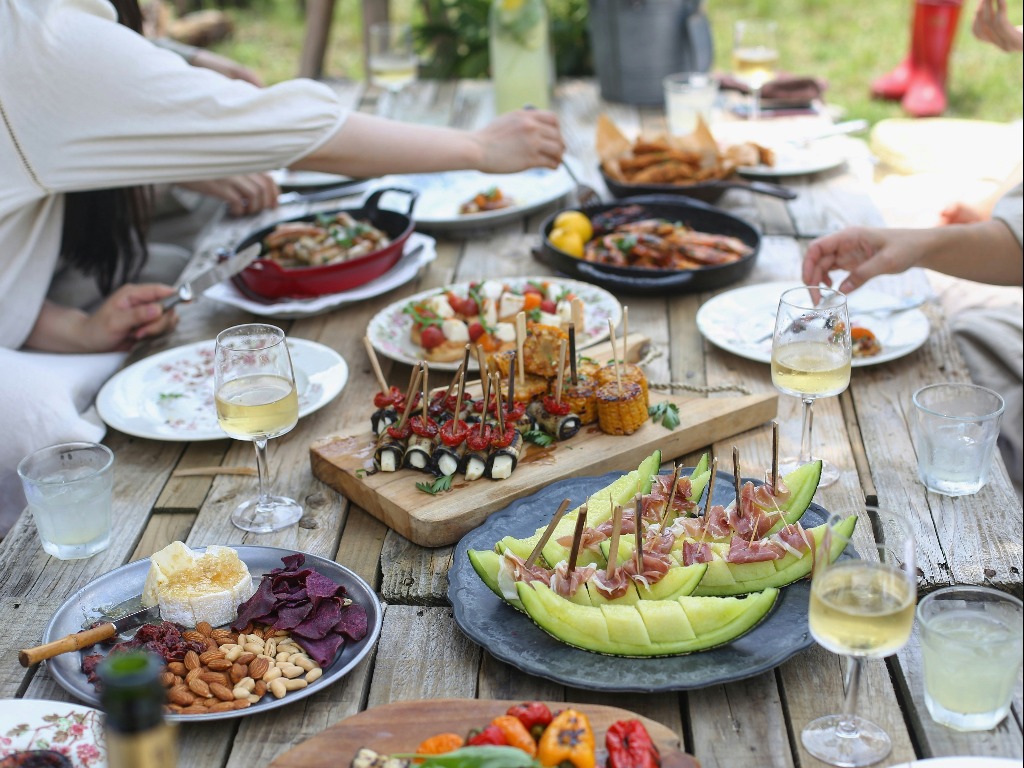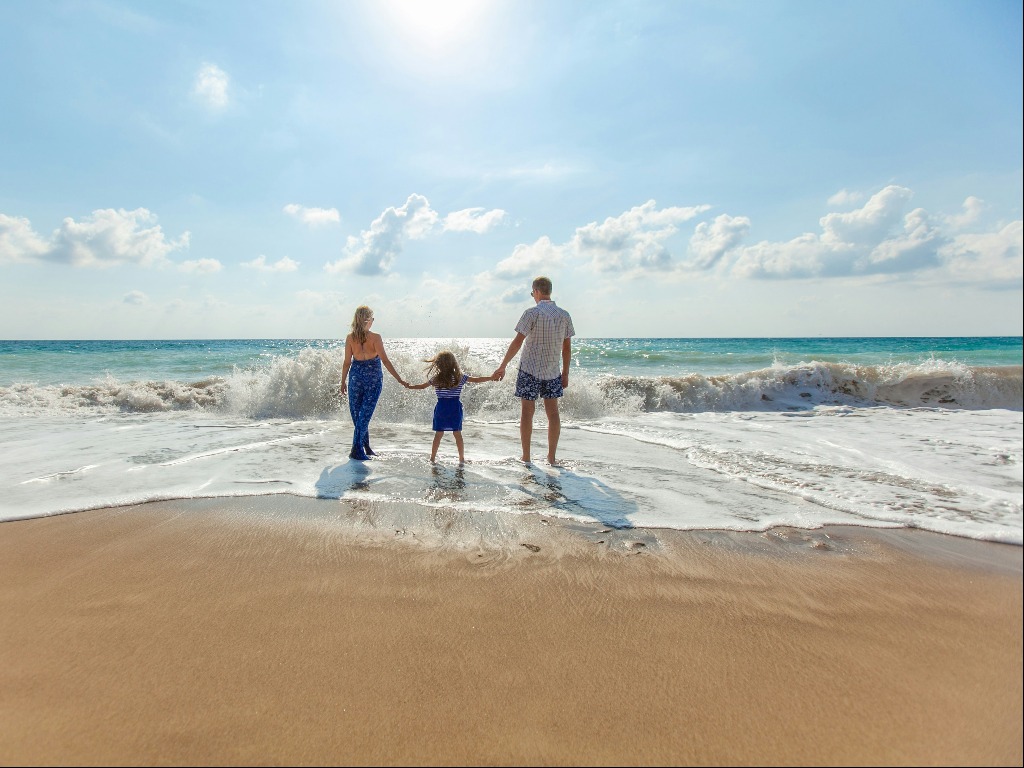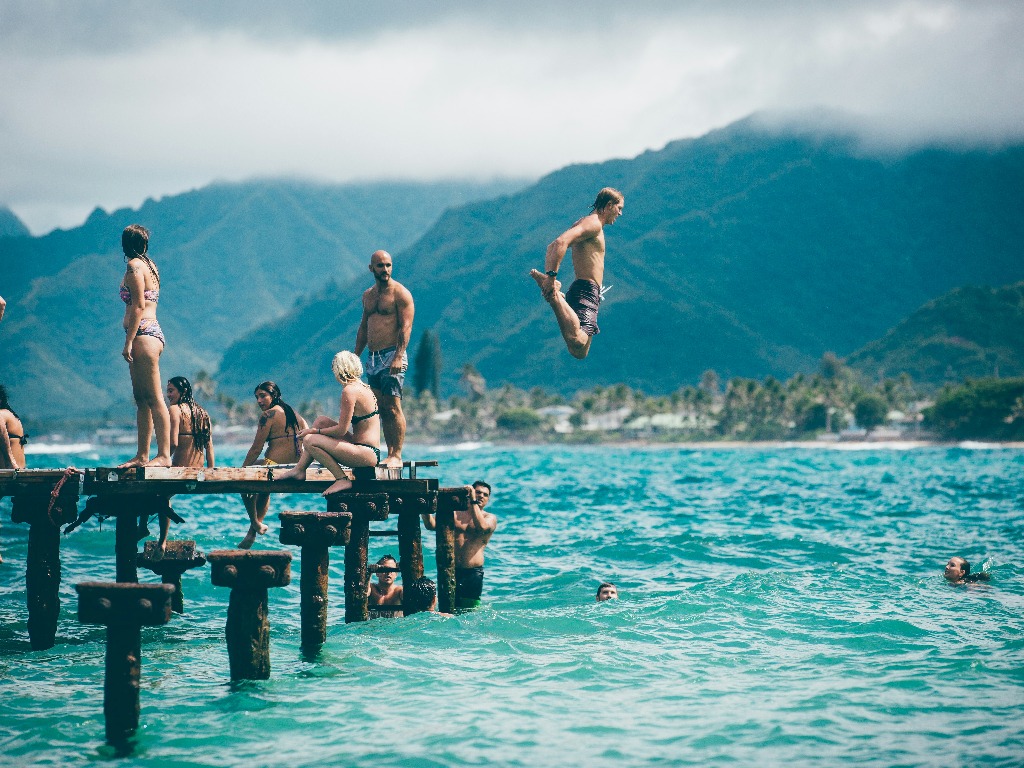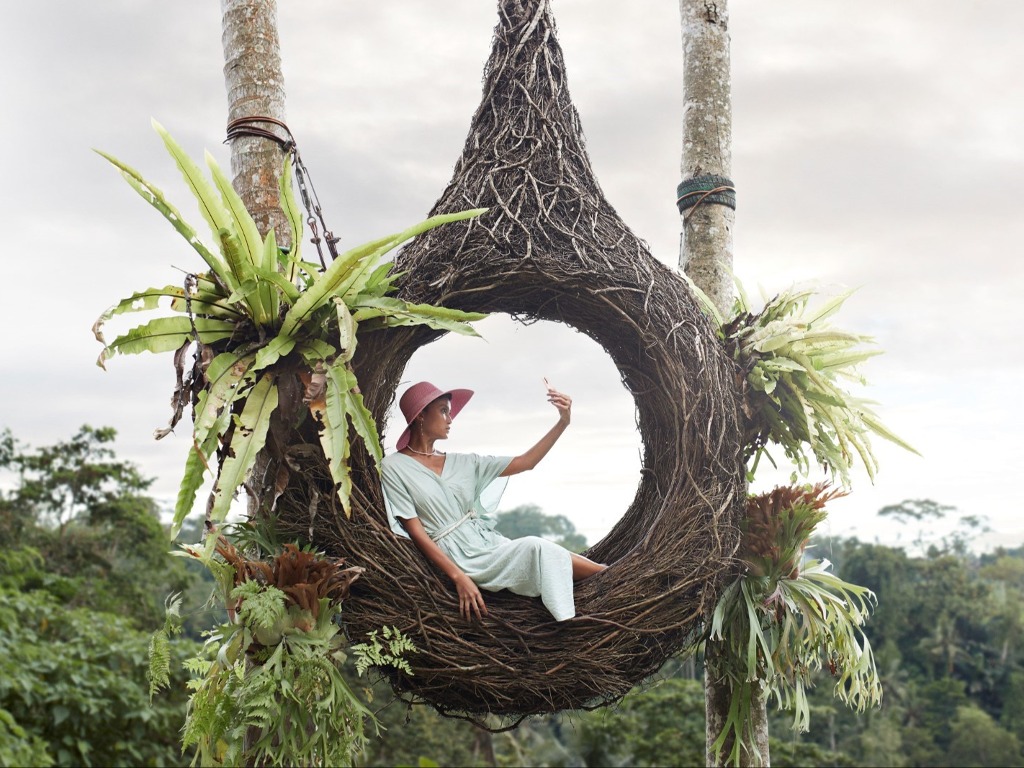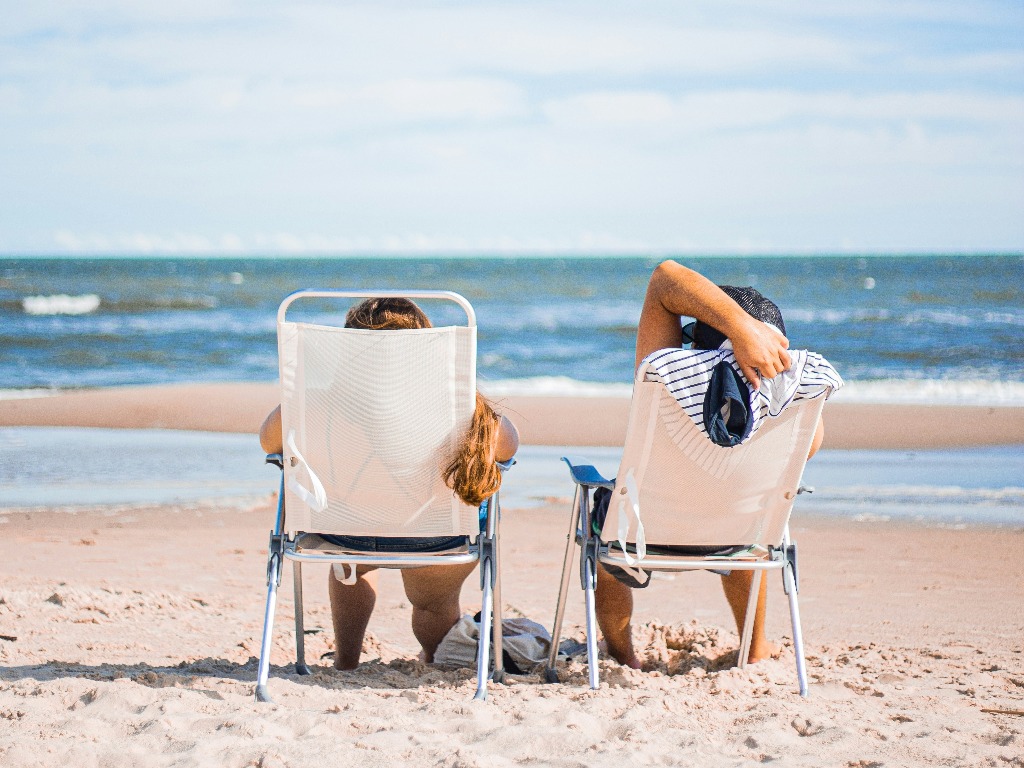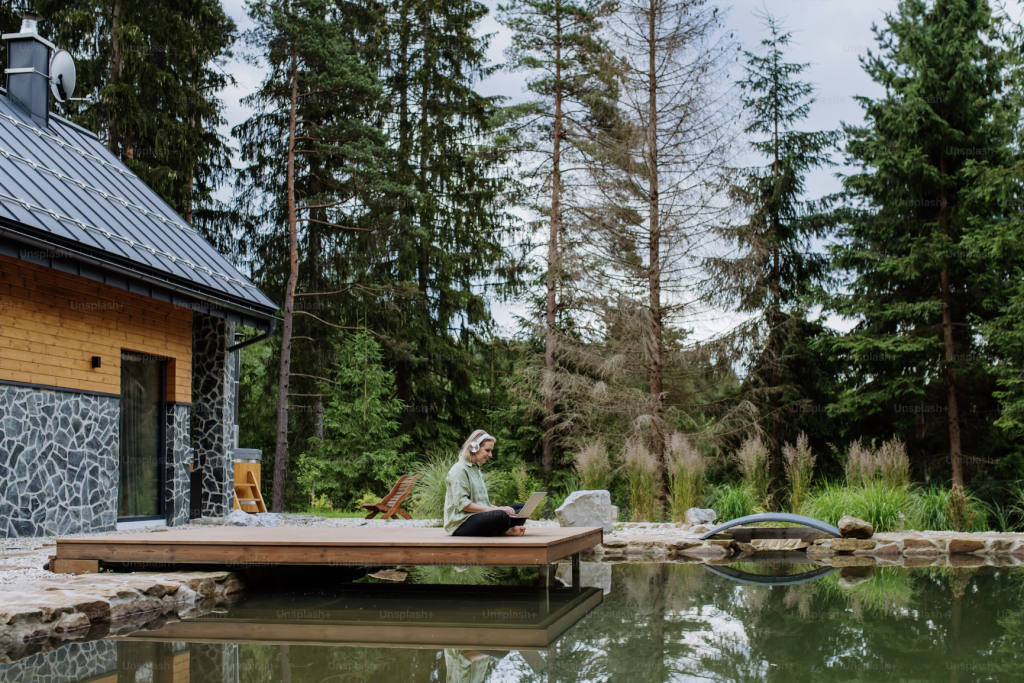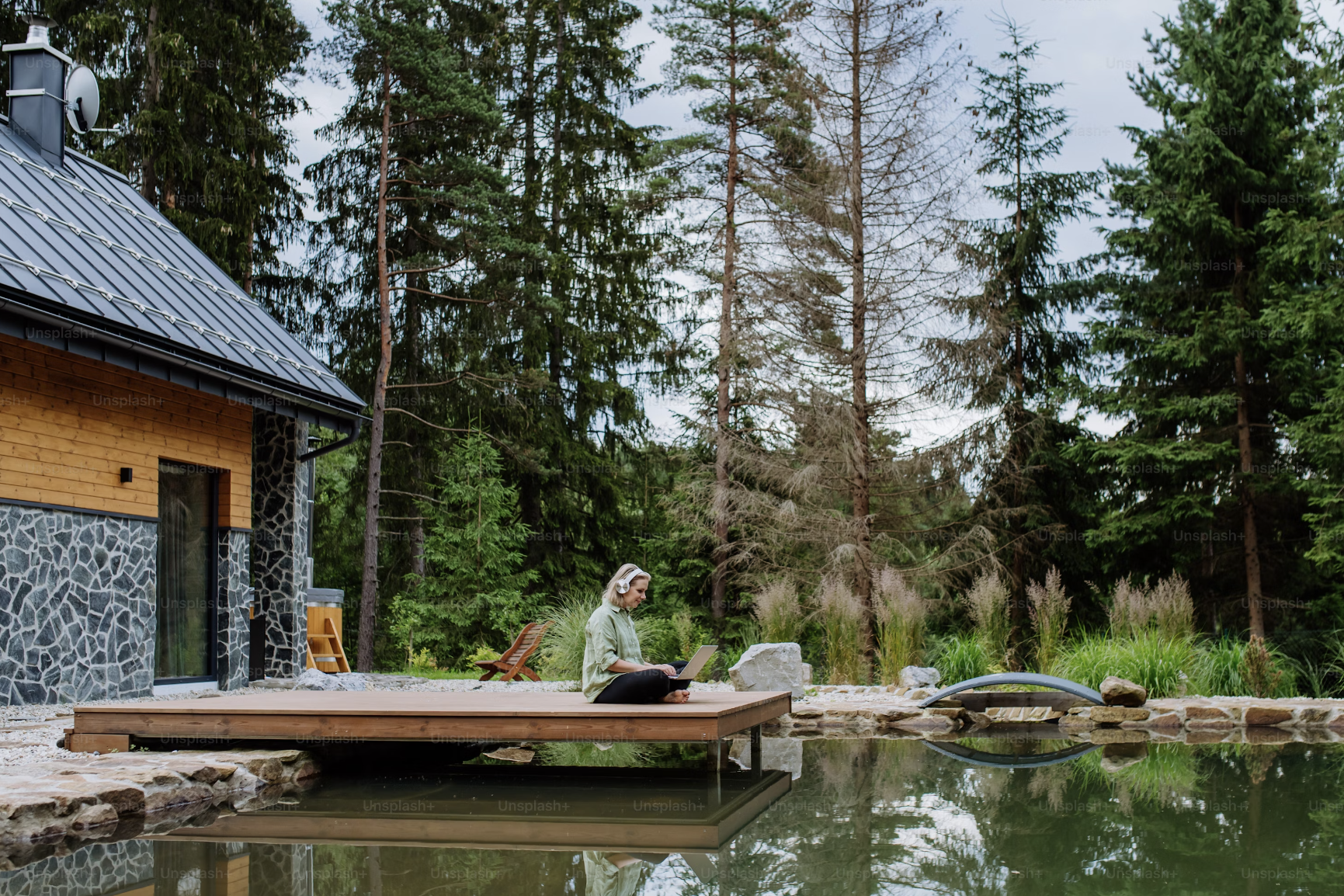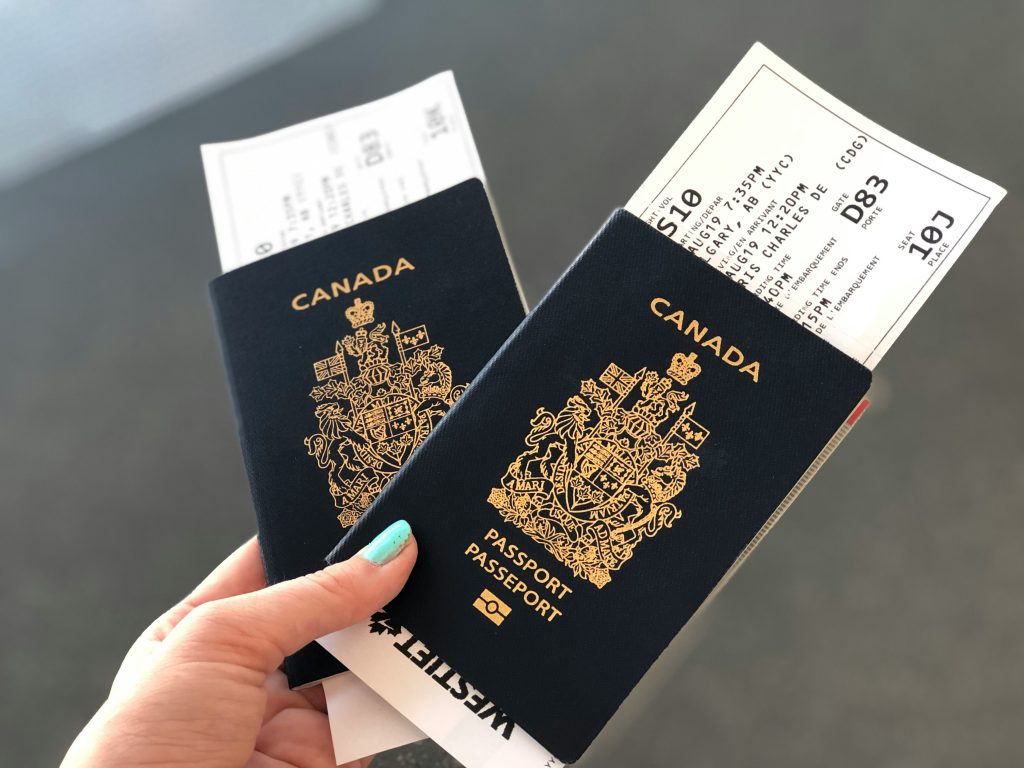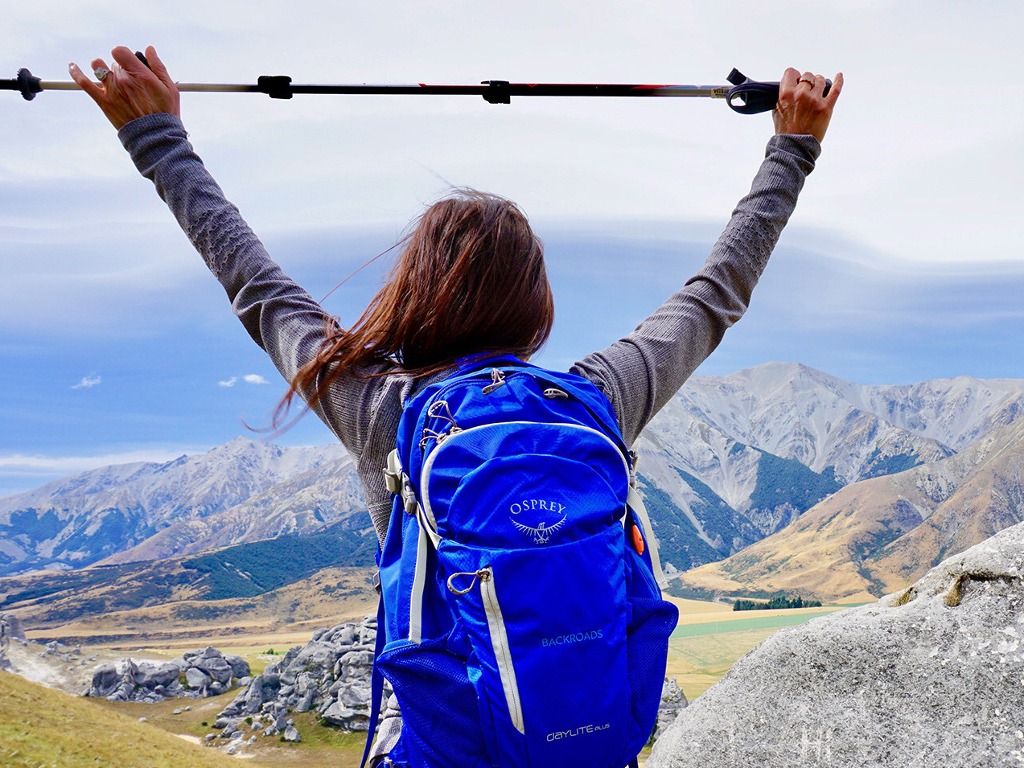
Backroads adds 40 new walking & hiking trips just for women
Backroads has expanded its Women’s Adventures with more than 40 walking and hiking trips and 125 departures available in 2025.
Exclusively for women—solo travellers, mothers, daughters, sisters and friends—Women’s Adventures were an instant hit after the announcement last fall, with 2024 trips quickly booking to capacity.
The first trip ran in May, and the offering continues to gain momentum and garner rave reviews as word spreads. The company projects more than a 200 percent increase in Women’s Adventures guests for 2025. The collection features the same expert trip design, flexible itineraries, exceptional Trip Leaders and world-class support that are hallmarks of all Backroads trips.
“Women of all ages have been a significant part of the growth in active adventure travel so we expected our Women’s Adventures would be well received, but we are thrilled with the overwhelmingly enthusiastic response,” said Backroads executive vice-president, Avery Hale Smith. “We’ve heard from many women—solo travellers and those who travel with friends or family—that the trips feel supportive, inspiring and rejuvenating and they love how the camaraderie and bonding is so organic.”
New tours launching in 2025
- Arizona’s Saguaro & Tucson (launching 10/16)
- A Taste of Camino de Santiago
- Banff to Yoho
- Blue Ridge & Great Smoky Mountains
- California’s Yosemite Valley
- Corsica
- Czech Republic & Austria
- Ireland
- Italian & Swiss Alps
- Japan
- Maine
- Nepal Lodge-to-Lodge
- Olympic Peninsula to British Columbia
- Portugal’s Madeira
- Quebec
- Sicily & the Aeolian Islands
- Tuscany Active Culinary
- Vermont (launching 10/16)
- Vietnam & Cambodia
Backroads Women’s Adventures are available for immediate booking. For the complete collection and for more information, visit Backroads.com.

